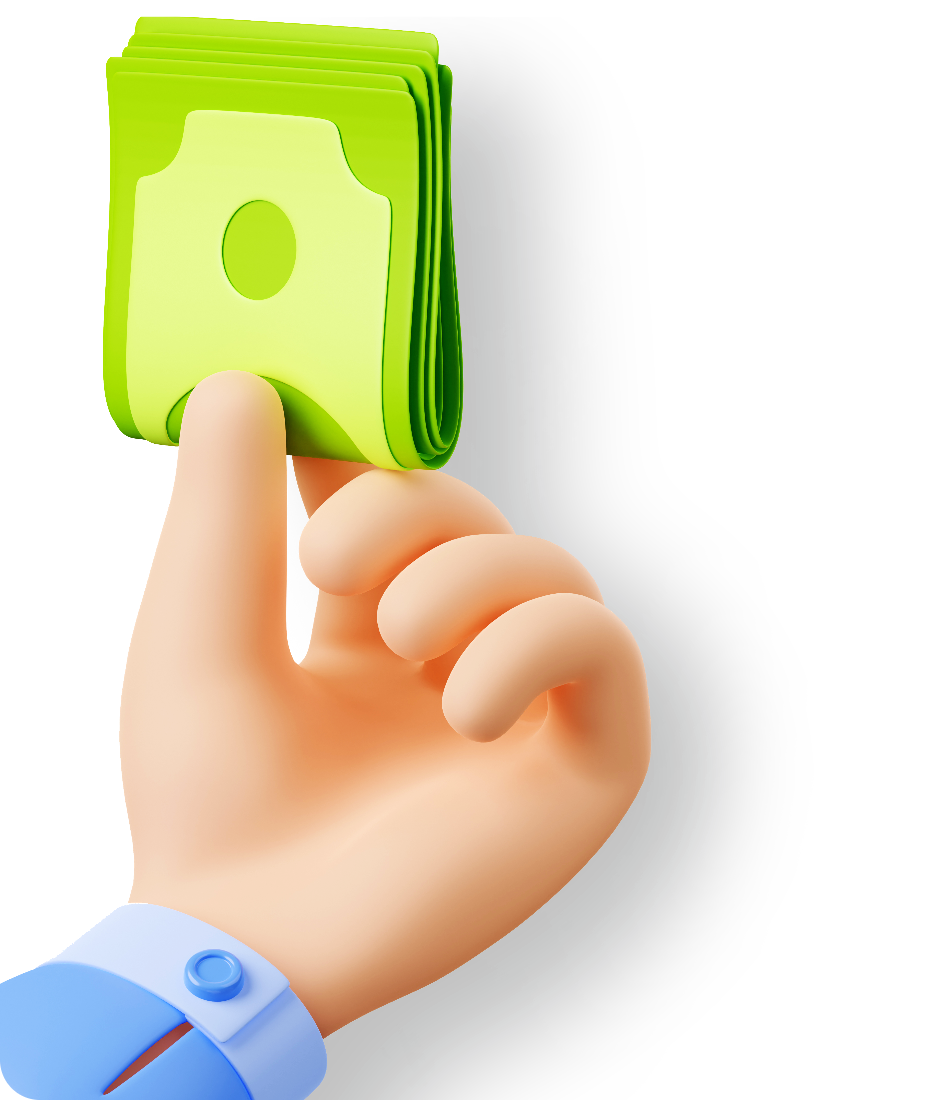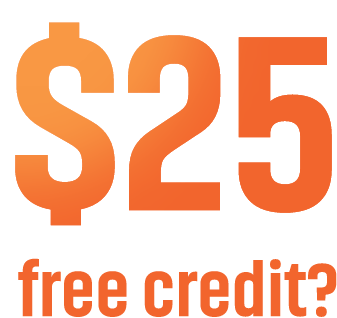Online visibility is essential to your SEO strategy because it makes your website easier to find. It can also attract unique visitors who may turn into clients or customers, increasing your monthly sales.
For this reason, implement an effective SEO strategy to increase your visibility in the digital landscape. One thing you can focus on is your site’s crawl budget and the number of pages that search engines will crawl in a given timeframe.
If you’re ready to maintain and improve your online visibility, continue reading our article for more helpful information about the crawl budget in SEO.
What is a Crawl Budget?
Most people might ask: what is a crawl budget?
Crawl budget might not be a familiar term you hear in the SEO industry, but it is also essential to consider if you want to improve your online visibility.
Defining Crawl Budget in SEO:- A crawl budget is the number of pages a crawler sets within a specific timeframe. After exhausting your site’s budget, the crawler will move on to other sites.
Also, remember that crawl budgets differ for each website, and Google determines your site’s crawl budget. Google considers four main factors when deciding your overall crawl budget.
What are the Main Factors that determine Crawl Budget?
Below are the factors that influence your crawl budget.
1. Site Size
Your website size is essential when determining your crawl budget because the more web pages you have, the more you will need.
For instance, if you have an e-commerce website, you will most likely need more pages to introduce multiple products for your business. Those web pages must be crawled and indexed to make your website more efficient.
To maximize this, utilize an internal linking structure and ensure that low-value or low-organic search web pages consume only some of your crawl budget.
2. Server Setup
Server setup is the technical side of your web server that relates to its speed, reliability, and capacity to handle requests. When you maintain and improve your technical SEO, Google will see your server as more reliable. Thus giving you more crawl budget.
Frequent server errors will affect your server’s reputation according to Google’s standards and lead to a lower crawl budget.
Hence, it would help if you had a well-optimized web server so Google will favor your website for more crawl budget allowance.
3. Update Frequency
Updating frequency benefits your crawl budget because Google prioritizes fresh content as they are more updated and up-to-date.
For this reason, make sure you produce new content, like blog articles, to let Google know your website is still active, which means your site is still worth indexing.
Avoiding being inactive is better because it will signal to Google that your website is not stagnant. Thus, you’ll be less indexed and harder to rank on search engine result pages.
4. Links
A well-organized internal link structure will help Google understand your site hierarchy. As a result, search engine crawlers can index multiple web pages and help you rank.
So, ensure an effective internal linking strategy to help Google understand your site better. Also, remove broken links, as they can waste crawl budgets and may affect other valuable content that can help you rank.
Crawl Budget Components

1. Crawl Rate Limit
The crawl rate limit is the number of requests a search engine can make for your website. There is a limit for requests because Google ensures you do not overload your server.
Two factors determine the crawl rate limit:-
Server Performance: If your server is performing well, it can handle more requests and give your website a higher crawl rate.
Crawl Health: If Google detects that your server is struggling to respond to requests, It will reduce the crawl rate to prevent further server issues.
2. Crawl Demand
Crawl demand refers to how interested Google or search engines are in crawling your website to be indexed and ranked. That said, it’s important to make your website interesting so that Google can allocate more money to it.
Factors that affect crawl demand:
Popular pages – If your website is popular and reputable in the digital landscape, Google will most likely consider crawling it to index and rank it.
Staleness or Inactive Websites – As mentioned above, inactive websites signal to Google that your site is not worth indexing. So, make sure to upload fresh content to improve your crawl budget.
Content Quality – In crawl budget SEO, content quality is essential because it gives Google an idea about which web page deserves to be crawled, indexed, and ranked. So, make sure to produce high-quality blog articles for better SEO performance.
Why is Crawl Budget Important for SEO?
SEO Clarity shares that the crawl budget is also important to your overall SEO success. It is because crawl-related problems may hinder the crawling of vital web pages that can help you earn traffic. So, learn the importance of crawl budget in SEO to make your business more successful in the long run.
1. Indexing
The role of SEO is to make your vital web pages visible in the digital landscape. One thing to do is to put importance on the crawl budget to give the significance to the web pages you want to be ranked.
Remember that if you have a well-managed crawl budget, you’ll be able to focus on the essential web pages that can help your overall SEO performance. It can index the web pages you want to show your audiences.
2. Freshness
Content writers, graphic designers, and other creatives are crucial in crawling budget SEO. Google prioritizes fresh content because it is updated and thus has more chances of getting crawled, indexed, and ranked.
For this reason, the creative team should think of concepts or ideas that can make your content high-quality and unique. With this, you’ll be able to improve your crawl budget for better SEO.
3. Prioritization
The key is to prioritize high-converting landing pages over low-quality pages.
In crawl budget logic, you need to utilize your crawl budget process to focus on web pages you know are giving your websites more traffic and turning it into conversion rate.
As you prioritize the pages, crawl budget SEO will help you increase sales and expand your business.
4. Crawl Wastage
Like money budget, you can save your crawl budget on low-quality content or web pages that have no direct impact on your SEO progress.
Hence, avoiding cawl wastage would help because it can ignore high-converting pages that can lose you potential clients. You can fix duplicate content and low-quality blogs or pages to avoid this.
5. Frequency
Aside from ensuring the freshness of the content, you also need to consider the frequency of your posting schedule. Do you need to post every day or once a week? This will help you establish a routine for your SEO process that can eventually help your crawl budget.
For this reason, make sure to have a marketing calendar or content calendar to ensure the frequency of your blog postings, which will improve your crawl budget SEO performance.
What does the Crawl Budget Mean for Googlebot?

According to Google Search Central, Googlebot prioritizes crawling over what to crawl, when, and how much resource the server hosting the site can allocate to crawling. For this reason, you need Googlebot’s role in how it interacts with your crawl budget.
Googlebot’s Role
Googlebot is Google’s web crawler that indexes new pages. There are two types of web crawlers: Googlebot Smartphone for mobile devices and Googlebot Desktop for desktops. With this in mind, you should know Googlebot’s role in the crawl budget to fully understand its function in your SEO efforts. Here are three ways Googlebot affects crawl budget:
- Crawling – Think of Googlebot as a navigation system. It navigates the digital landscape to look for new and updated pages. Most of the time, it follows a link from one page to another.
- Indexing – Once the page is crawled, Google determines whether the content is indexable and deserves to appear in search engine result pages. Googlebot’s Googlebot processes the content and adds it to Google’s index.
- Prioritizing – Googlebot also prioritizes quality content when deciding to crawl a page. Googlebot must check update frequency and site health as factors in crawling a page.
Crawl Budget Optimization

Now, after learning the role of Googlebot, you need to know how to do crawl budget optimization.
1. Improve Website Structure: Clean and Efficient Architecture
Website structure helps Googlebot understand your website because it has more organization. So, to optimize crawl budget, make sure to have an efficient website so valuable pages are indexed.
You can organize the content hierarchy and create a site map. To do your content hierarchy, you need to make categories and subcategories to manage your website’s content. You can also generate and create sitemaps to help Google find the most important pages.
2. Fix Errors: Address 404s, Server Errors, and Broken Links
Site errors can make it hard for Googlebot to access your content, and errors waste crawl budgets. The best way to solve this is to fix and monitor errors like address 404s, server errors, and broken links.
It’s best to have an expert on off-page SEO or link builder to solve search errors using SEO tools like SEMrush or Ahref. You can also consult your technical team to solve other technical issues relating to the error.
3. Manage URL Parameters: Use Canonical Tags and Robots.Txt Wisely
Managing URL parameters can help prevent duplicate content that may affect your crawl budget in SEO. To solve this, you can use canonical tags to indicate the preferred version of a page when you have multiple URLs with similar content. It can help search engines see a distinct difference between web pages.
You can also use robots.txt for crawl budget optimization. Robots.txt can block access to URL parameters that are less important because of the content’s relevance and uniqueness.
4. High-Quality Content: Focus On Unique and Valuable Content
Again, quality content is one of the most essential things in the SEO industry. Aside from improving the on-page factor of your website, you can also enhance the crawl budget optimization.
High-quality content has multiple benefits: It can attract users, attract Google bots to index your web page, and signal to search engines that your webpage is worth ranking.
So, update your content regularly and produce relevant content for your webpage.
Prioritizing Crawl Budget’s Importance
Aside from technical, on-page, and off-page factors, a crawl budget is also essential for SEO performance because it can help index valuable pages that can increase conversion rates!
Starting now, prioritize your crawl budget in SEO strategy to fully optimize your digital efforts. You’ll surely see positive results that will help grow your business.
FAQs
Yes, Google crawls backlinks on websites. When Googlebot visits a page, it follows links to other pages, including backlinks.
If search engines don’t crawl your pages efficiently, they may miss important content, leading to poor indexation and lower rankings in search results.
You can monitor crawl activity in Google Search Console under the “Crawl Stats” report. You can also analyze server logs to see how often Googlebot visits your pages.
Yes, larger websites with thousands of pages need to manage their crawl budget efficiently to ensure important pages get crawled regularly.
A strong internal linking structure helps search engines discover and prioritize important pages, optimizing your crawl budget usage.
Indirectly, yes. If search engines fail to crawl and index important pages, those pages won’t appear in search results, affecting your rankings and traffic.
In case you missed:






